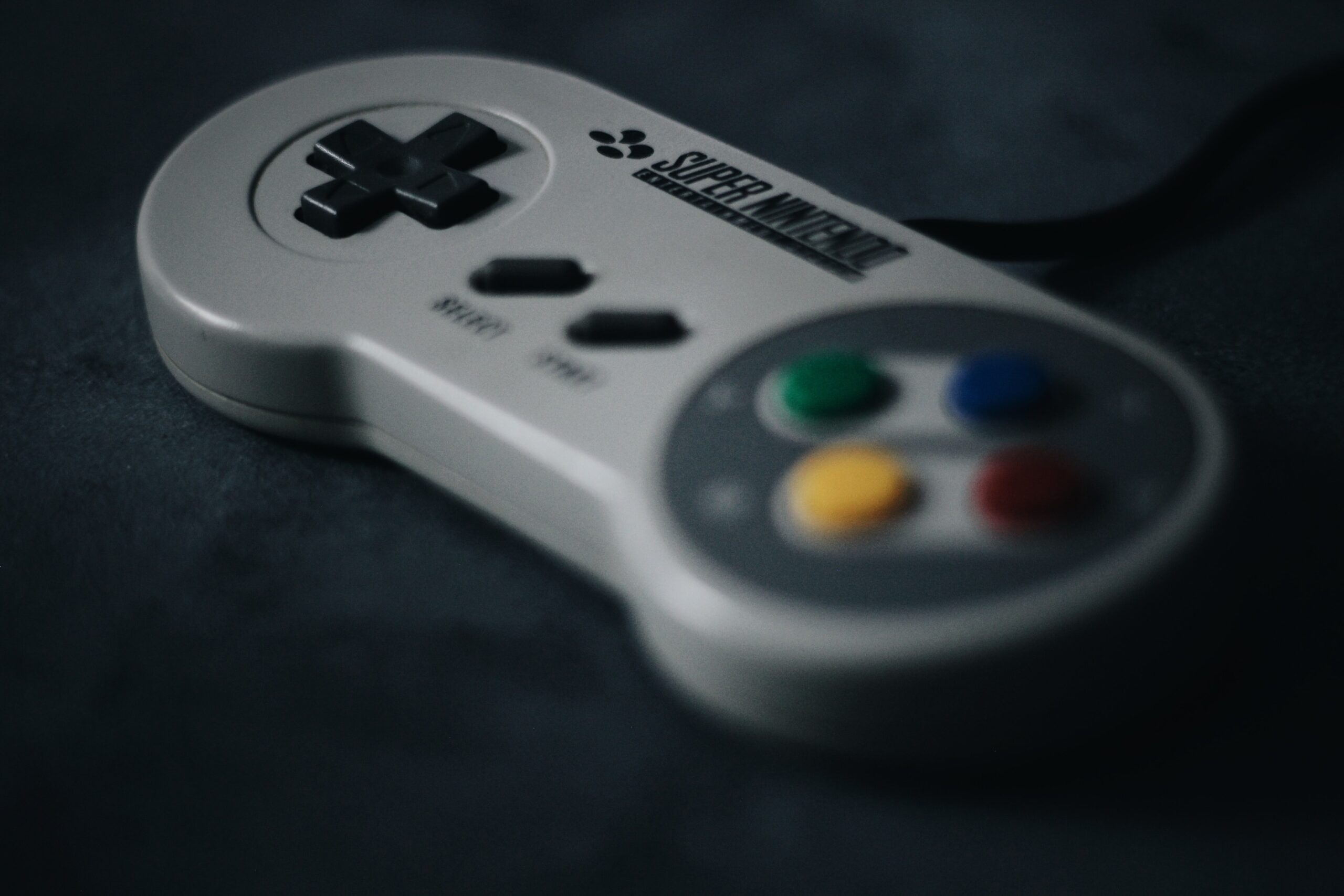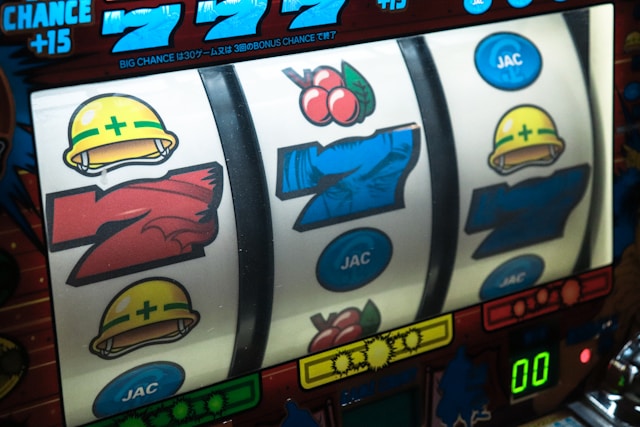Video games are a 20th-century invention that took the world by storm, offering an alternative to traditional forms of entertainment and capturing the imagination of people around the world. Music has shaped how we play games from the very start. From simple blips and beeps to symphonies, the tunes we hear in the titles we love have evolved significantly over the years. Read on to learn how video game music has changed over the years.
Why is Music Important in Video Games
Before we explore the evolution of music in video games, let’s examine why it is so important to video games. Whether you’re spinning the slots online or trying to be the last person surviving in PUGB, music helps set the tone for how you experience the game.
Music is a way for game designers to establish the atmosphere. You may have noticed that when the action picks up in a game, the music gets faster too. Designers make sure the music is in sync with the visuals, working together to slow or increase the feelings of excitement and intensity as a gamer plays.
Imagine playing a game like Red Dead Redemption 2 without hearing the sounds of the horses or people talking as they go about their days. You would experience a disconnect from the game. Music helps make gaming an immersive experience and, when done well, impacts the full range of emotions players experience during a game.
Technological Challenges
When Pong debuted in the 1970s, technology didn’t exist to support adding anything more than primitive sound effects to the game. Instead, gamers often put on their favourite music in the background, much like people do when studying or relaxing today.
Despite these limitations, game developers still tried to convey emotion and suspense through sound. While early consoles like the Magnavox Audio didn’t have any audio output, the Atari 2600 represented a leap forward in gaming technology with two-channel sound output capabilities.
By the time the Nintendo Entertainment System was released in the mid-1980s, three sound channels were available for composers. While this wasn’t much to work with, sophisticated game scores began to emerge.
Gaming franchises like the Legend of Zelda and Super Mario showed that music could be integral to the gaming experience, just like the soundtrack for a James Bond movie is critical to the film’s success.
Time to Upgrade

The 16-bit era began in the late 1980s and continued into the early 1990s. During this time, video game studios began transitioning to 16-bit sound processors that were much more complex than anything up to that point.
In the same way, music fans get excited to learn about the headliners at summer music festivals; gamers had the same energy for the fourth-generation video game technology. The improved technology gave programmers more freedom to shape the music process.
Video game music became more impactful, and the Nintendo and Sega consoles supported audio chips that allowed composers to create synthesized orchestral scores that were more complex and richer than anything ever seen in the gaming industry.
Sega Saturn and Sony Playstation were CD-based consoles that made it possible for audio recordings to be used with games. During this decade, video games and music became closely intertwined, with players exploring environments that had unique music based on what was happening in the game. Music had become a core part of the gaming experience for the first time.
Modern Gaming
Video games have become a cinematic experience over the past two decades, barely resembling the first video games. Music has continued to be a critical component in gaming, and composers have continued to push the envelope, creating stunning soundtracks.
Even with all of this change, some video games still use beats from an earlier era, just like 8-bit and 16-bit graphics have inspired some of today’s popular games, including Broforce, Terraria, and Stardew Valley.
There are very few technical limitations when it comes to video games and music today. Players can even compose their own tracks, which has truly changed music in gaming.









Comments are closed.